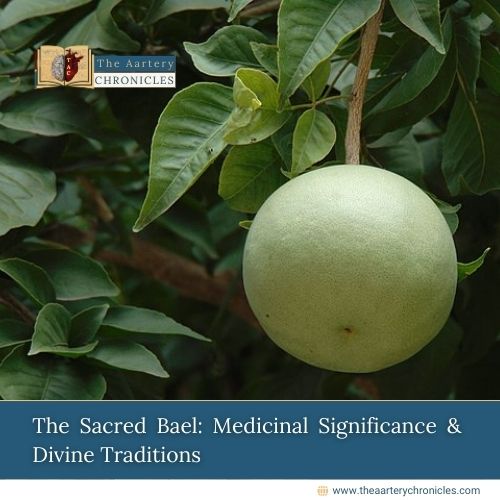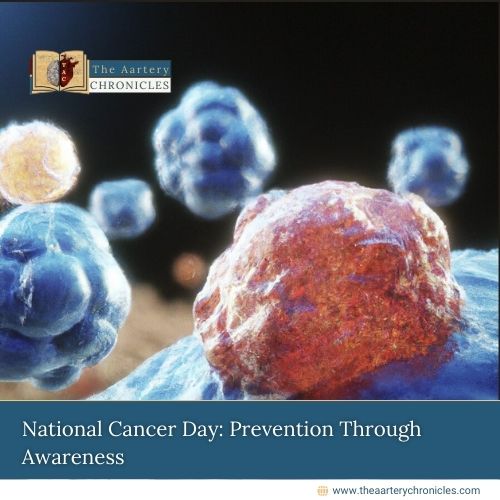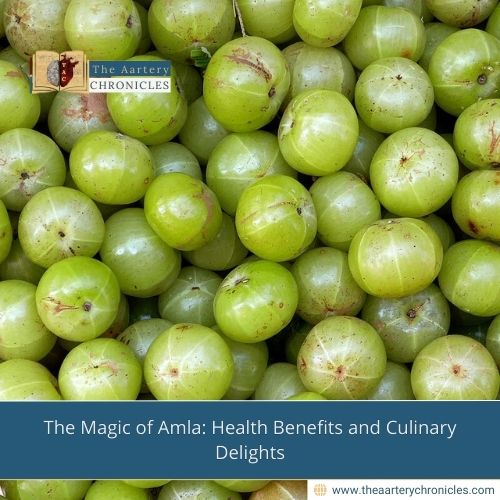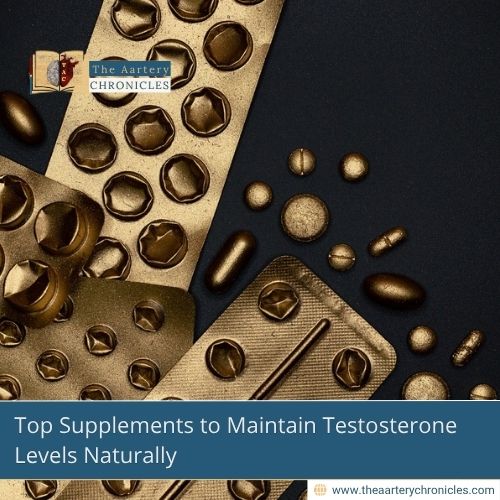
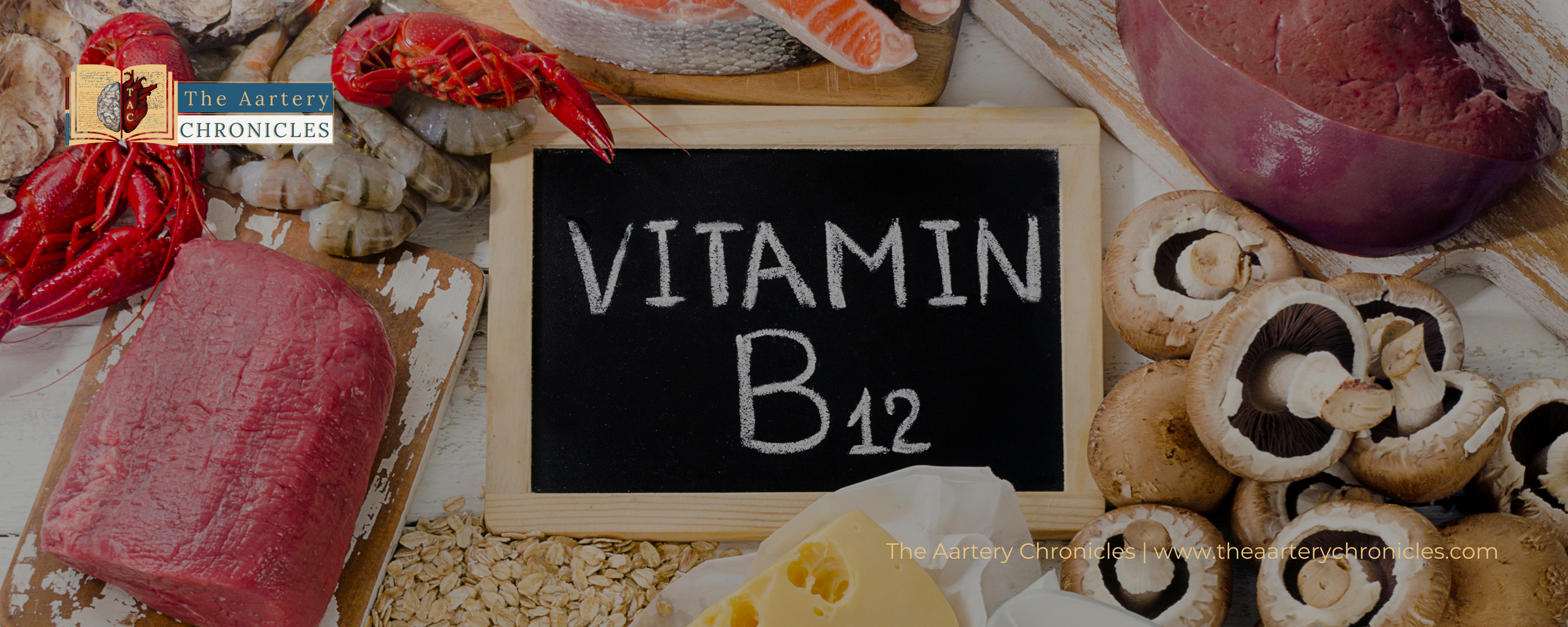
Vitamin B12 Essentials: Importance, Deficiency Symptoms, Sources, and Myths Debunked
Vitamin B12 and its role:
Vitamin B12 or cobalamin is one of the component nutrients of the 8 vitamin B complex. Vitamin B12 is responsible for metabolism and it helps in the production of red blood cells, RNA, and DNA, and keeps the nerve cells healthy. Compounds with vitamin B12 are called ‘cobalamins’ as vitamin B12 contains cobalt.
Symptoms of vitamin B12 deficiency:
- Fatigue
- Headaches
- Palpitations
- Loss of appetite
Apart from these, there are some other symptoms such as dizziness, cognitive changes, and neurological symptoms such as problems with balance, muscle weakness, etc.
Sources of vitamin B12:
Vitamin B12 is naturally found in foods belonging to animal origin such as eggs, meat, and other dairy products. Some other foods items rich in vitamin B12 are:
- Breakfast cereals
- Nutritional yeasts
- Tempeh
- Kidney beans
- Spinach
- Various legumes
Top 5 vitamin B12-rich fruits:
If you don’t maintain good personal hygiene, you may be at risk of developing a range of infections and other health problems. These can include:
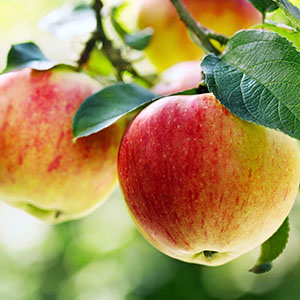
Apples
Apart from vitamin B12 apples are rich in flavonoids and antioxidants. The peels and inner pulp of apples have high amounts of polyphenols.

Bananas
Bananas are known to be vitamin B12-rich and have the ability to regulate the temperature of the whole body.
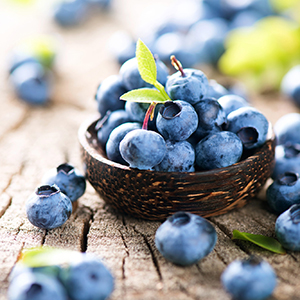
Blueberries
High in antioxidants, the benefits of blueberries for skin are well known. But blueberries are also significantly rich in vitamin B12

Oranges
Naturally rich in vitamin B12, oranges have calcium, beta-carotene and antioxidants.
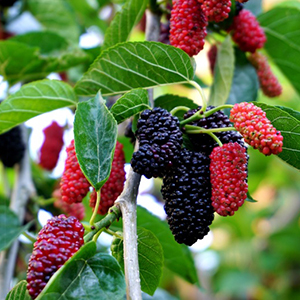
Mulberries
Along with the delicious taste, mulberries offer high levels of vitamins K and C along with trace sources of vitamins A and E.
Myths associated with vitamin B12
Myth 1: Only Vegetarians and Vegans are at risk of developing vitamin B12 deficiency
As dairy and animal products are rich in vitamin B12 it is a most common misconception that only vegans and vegetarians are at risk of B12 deficiency.
However, there can be many factors for developing a deficiency of vitamin B12. For example, a person who is on medication for treating heartburn, and gastric disorders, or on certain restrictive diets is also prone to vitamin B12 deficiency.
People over the age of 50 or people suffering from gastrointestinal disorders are also likely to develop a deficiency of vitamin B12.
Myth 2: “I am not anaemic, I cannot have Vitamin B12 deficiency”.
This is not true, as it is believed that long-term B12 deficiency in a person stops the production of red blood cells. Vitamin B12 deficiency is highly possible even if serum levels appear non-problematic (functional Vitamin b12 deficiency).
At times, symptoms such as fatigue, and neuropathy may arise before anaemia. It is possible to have vitamin B12 deficiency even if you do not have anaemia.
Myth 3: “I am only 24, I can not have B12 deficiency” as Vitamin B12 deficiency can occur only in the elderly
Older adults are more likely to be deficient in vitamin B12 because B12 is not absorbed as efficiently with age, causing levels to drop.
However, vitamin B12 deficiency is commonly seen in people of various age groups including children and young adults. Factors such as diet, absorption and genetics are also considered when determining the cause of deficiency.
Myth 4: Vitamin B12 is an instant energy booster
Vitamin B12 can be an energy-boosting vitamin for people with B12 deficiency. The unnecessary popping of vitamin supplements to boost energy won’t help in fixing low energy levels.
Hence expected results cannot be seen if there is no vitamin B12 deficiency.
Myth 5: It is better to get vitamin B12 shots than oral supplements
Getting vitamin B12 shots may be the fast way to fix vitamin levels in the body. However, it cannot be the best alternative for everyone.
For people with mobility issues or people who need support with mobility, it is not possible to visit clinics. Hence the best choice is to be on supplements or a method that is convenient for health, lifestyle, and budget.

Author: Sanika Pande




